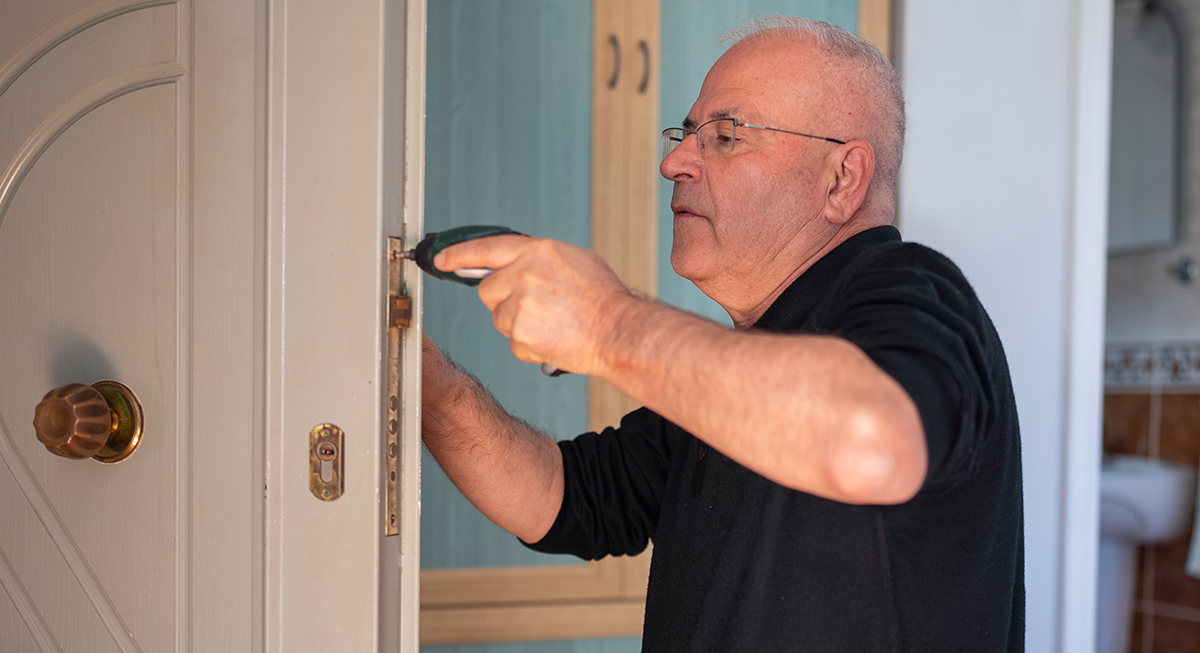 Lately, it seems like I've seen a lot of commercials for Experian Boost, a program that claims it can raise your credit score a few points simply because you pay your regular bills on time. Given how important credit scores can be when you're trying to obtain a loan, rent an apartment, or do any number of other important tasks. I just wasn't sure how this worked, so I decided to check it out.
Lately, it seems like I've seen a lot of commercials for Experian Boost, a program that claims it can raise your credit score a few points simply because you pay your regular bills on time. Given how important credit scores can be when you're trying to obtain a loan, rent an apartment, or do any number of other important tasks. I just wasn't sure how this worked, so I decided to check it out.
How do you sign up for Experian Boost?
To sign up, you go to the Experian Boost page and create an account. You will then be prompted to enter your bank account details, including your username and password. From there, Experian Boost will search for "qualifying on-time payments." Experian Boost shows you those payments and confirms you want to add them to your credit file. From there, Experian uses those additional on-time payments to recalculate your credit score.
How does Experian Boost work?
Part of your credit score includes your on-time payments to the accounts listed on your credit report. But what goes on your credit report? Credit card payments and loan payments. And if your credit score is too low, you may struggle to get those accounts. But you're probably paying a cell phone bill or other utilities, and those payments are reflected in your bank statements. Experian Boost lets you use that good behavior to raise your FICO score.
Sounds great! Should I sign up?
Well, there are a few caveats.
First off, Experian Boost is, naturally, only going to boost your FICO score on Experian. There are three different reporting agencies that a lender can look at before deciding whether or not to extend you credit. Some lenders don't even use your FICO score, but their own proprietary systems.
More importantly, using this service requires you to enter your username and password to your bank. That's not something you should be entering willy-nilly into various websites. Yes, they claim that it is secure, but I don't think we have forgotten about the Equifax breach just yet. No website is completely risk-free, and I'm not sure that it's worth risking your bank account, especially since there's no guarantee this program will actually help you.
So what should I do to improve my credit score?
You can apply for a secured credit card, which requires you to put down a deposit that is then your credit limit. You can also look into a credit-builder loan, a product offered by some credit unions that can help build your credit. You may also be able to get a credit card with a low credit limit and high-interest rate (which, if you pay off the card monthly, won't matter). These are all tried and true ways to build your score. Why risk it with something new that might not work?









